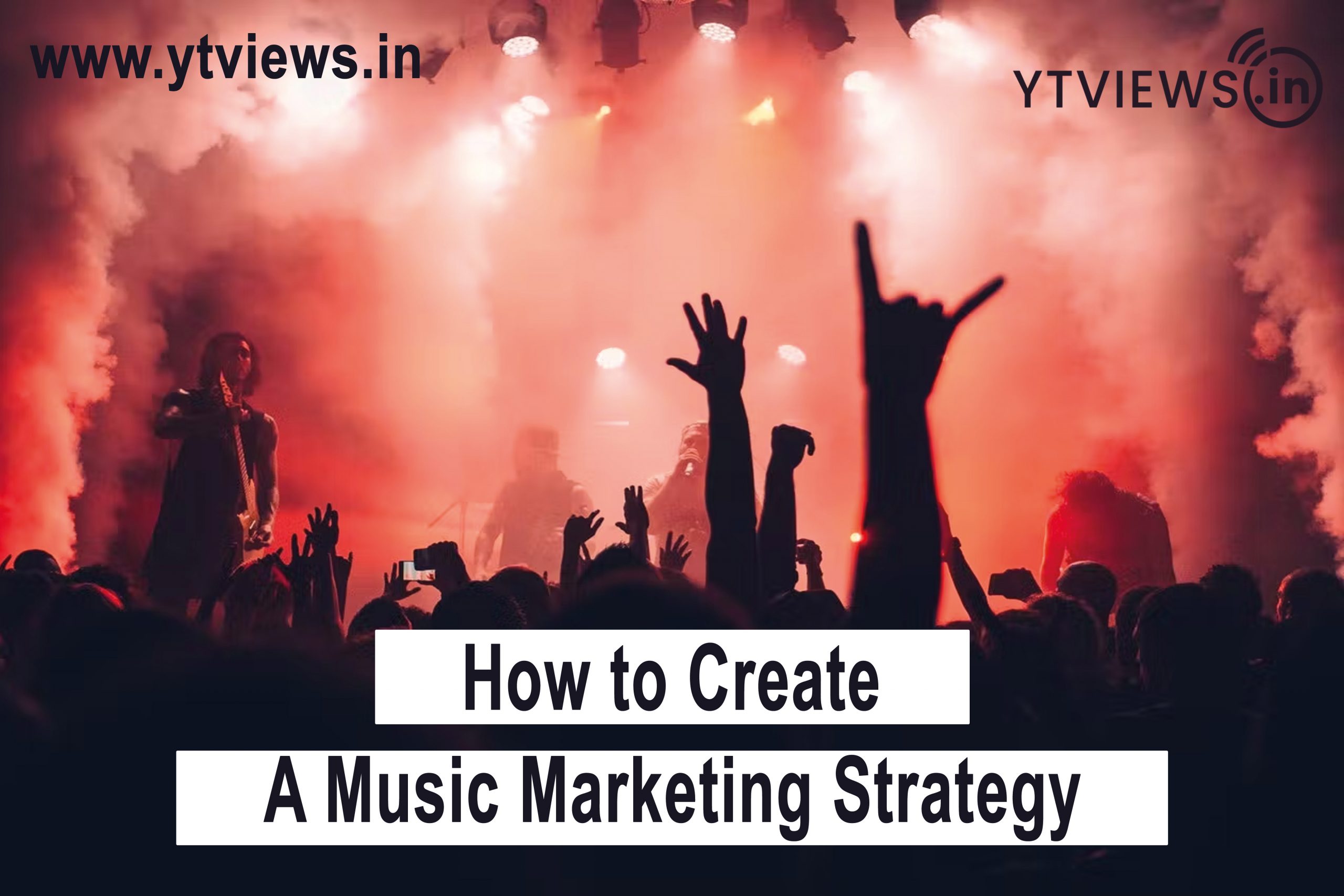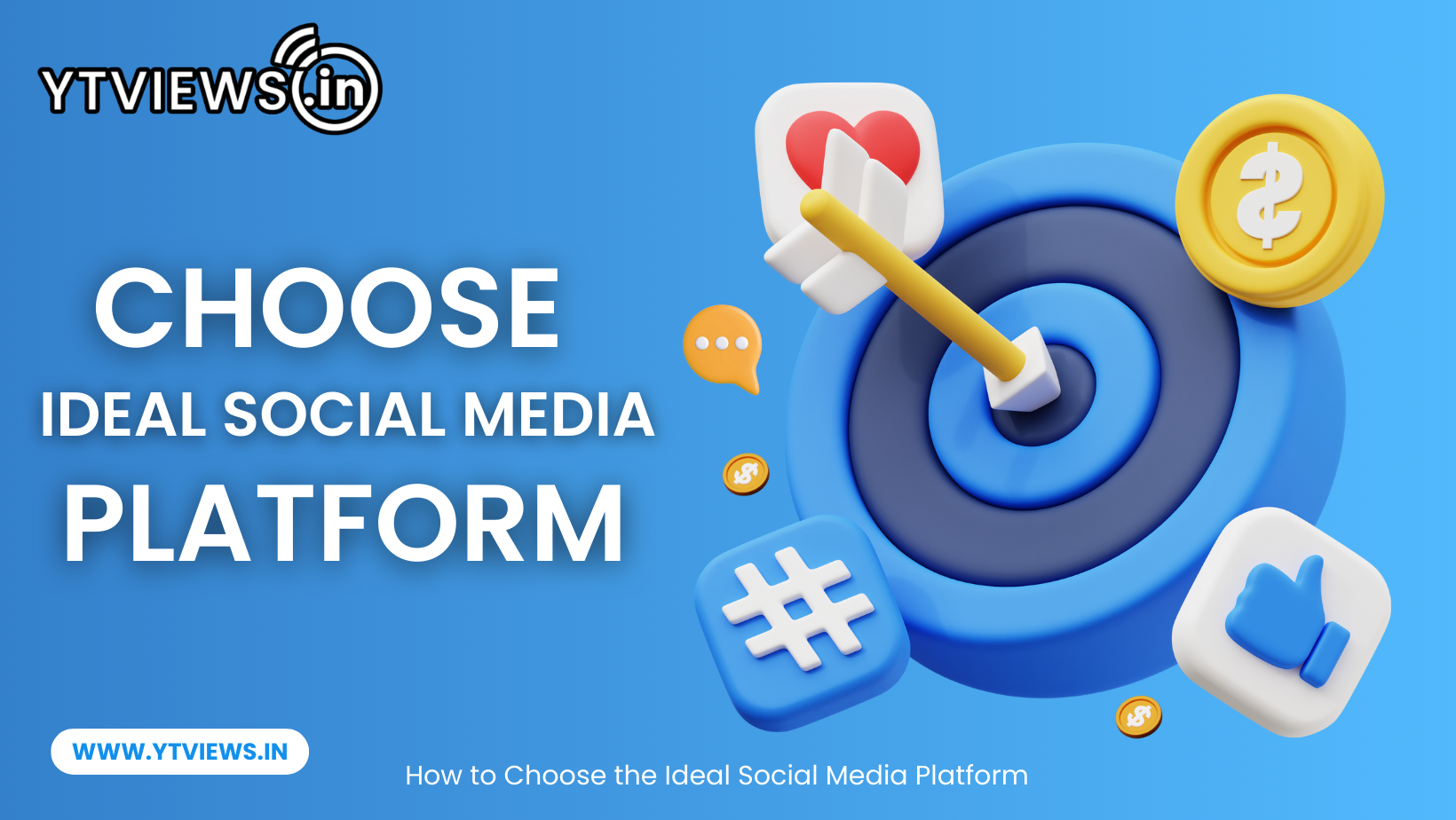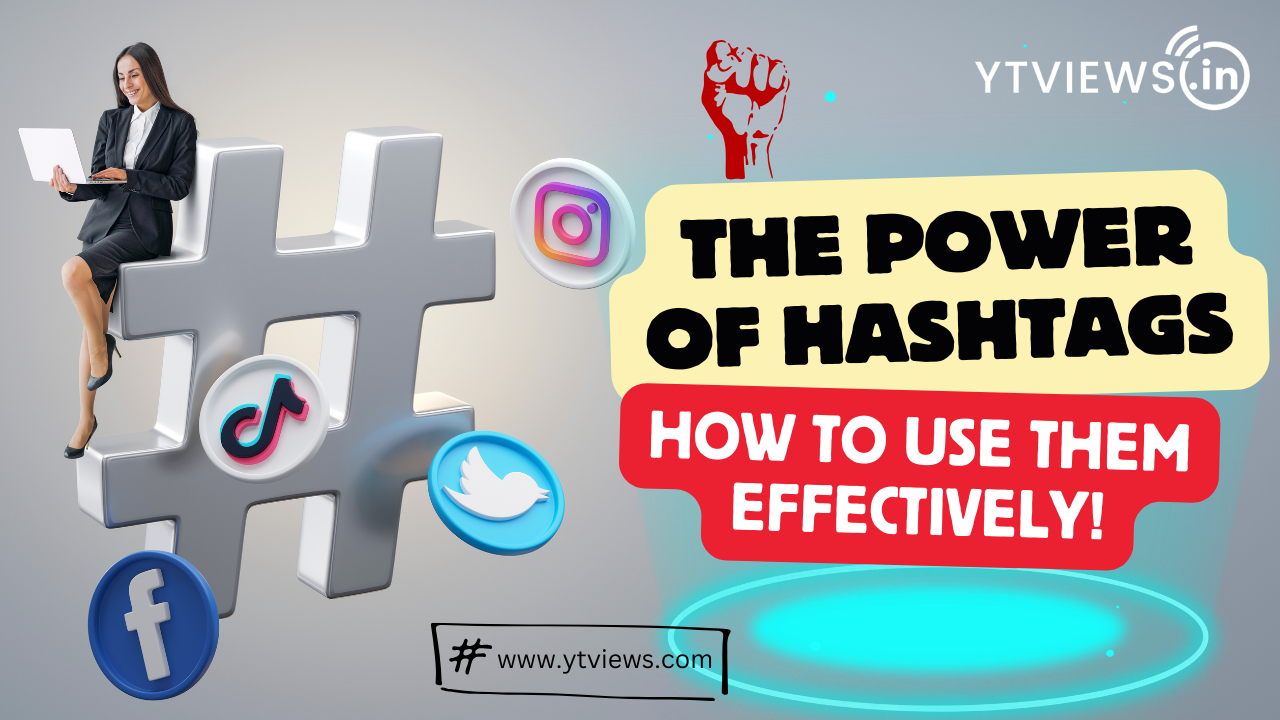How to create a music marketing strategy
 You’ve probably been promoting your music ever since you started releasing your own tunes. But music promotion is just one piece of the puzzle.
You’ve probably been promoting your music ever since you started releasing your own tunes. But music promotion is just one piece of the puzzle.
The aim of music marketing is to grow as an artist (gain listeners, fans, and get your music noticed) while ultimately monetizing that growth in some way.
Your music marketing goals can be as broad and long-term or specific and short-term as you want. Some artists want to get signed to a major label, while others want to score a review on an indie music blog. Some want to sell out a headlining tour, and others want to sell a certain number of copies of their EP.
As your music career evolves, so will your music marketing goals. No matter which stage you’re at right now, there are tons of ways to get the wheels spinning.
Your music marketing strategy can be as simple or as complex as you want it to be, depending on what you’re trying to achieve.
A few things to consider before you start getting down to the nitty gritty of planning:
- Goals Try to be as specific as possible, whether they’re qualitative or quantitative (e.g., “I want my new music video to get 1,000 views on YouTube in its first 24 hours,” “I want to land my new track on a Spotify playlist,” etc.).
- Branding
 We’ll dive into this more in the next section, but make sure your strategy aligns with who you truly are as an artist.
We’ll dive into this more in the next section, but make sure your strategy aligns with who you truly are as an artist.
- Target audience
 Your marketing strategy will encompass both attracting new fans and engaging with existing ones. Try profiling who you’re targeting in a specific way (more on that below).
Your marketing strategy will encompass both attracting new fans and engaging with existing ones. Try profiling who you’re targeting in a specific way (more on that below).
- Budget/resources What can you realistically afford to spend on a music marketing campaign, in terms of both time and money?
- Team Clearly establish what roles will your team members play in your music marketing strategy.
Related Posts

Why Ytviews is the Best Partner for Social Media Evolution

How to Choose the Ideal Social Media Platform

YouTube Growth Hacks: From Zero to Hero in 2024








































